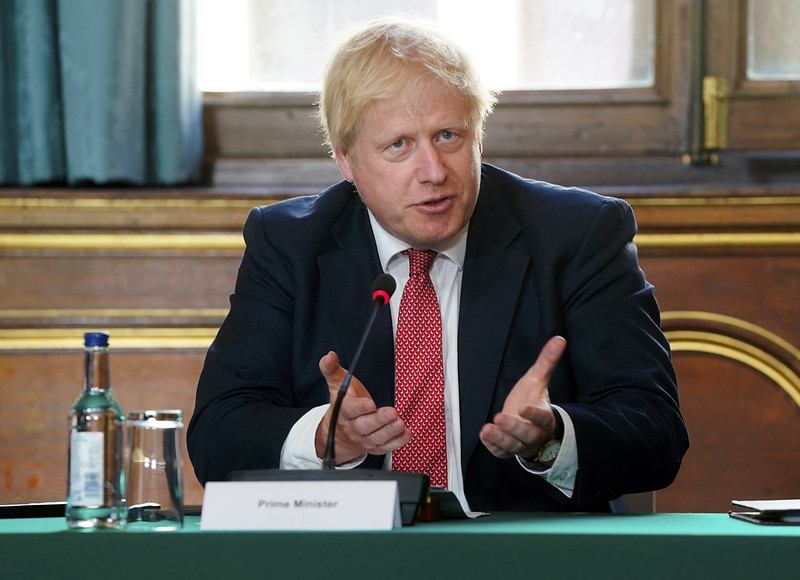Northern Ireland protocol explainer: Why the UK government’s plan to change it violates international law
Dr Billy Melo Araujo looks at the implications of the UK government's Northern Ireland protocol bill.

The UK government has unveiled a plan to do away with key aspects of the Northern Ireland protocol. This is the legal instrument that governs trade in goods in relation to Northern Ireland post-Brexit.
The Northern Ireland protocol bill proposes setting up a “dual regulatory system” that lets businesses choose whether to abide by UK or EU regulations when selling goods in Northern Ireland. It also creates a “green channel” that would remove customs and regulatory checks on goods entering Northern Ireland from Great Britain, while keeping checks on goods that are moving through Northern Ireland to the rest of the EU.
At present, the protocol ensures there is no hard border on the island of Ireland, by keeping Northern Ireland within the EU’s single market for goods. But critics of the protocol see these checks on the Irish Sea border as undermining the integrity of the internal British market, and some within the unionist community see these checks as a threat to their British identity.
The bill overrides large parts of the EU-UK withdrawal agreement, an international treaty. It disapplies most of the EU law provisions under the protocol which regulate the movement of goods. It also cuts out the Court of Justice of the European Union in resolving trade disputes related to the protocol.
To continue reading, please click here.
Article originally appeared on The Conversation.
The featured image has been used courtesy of a Creative Commons license.




